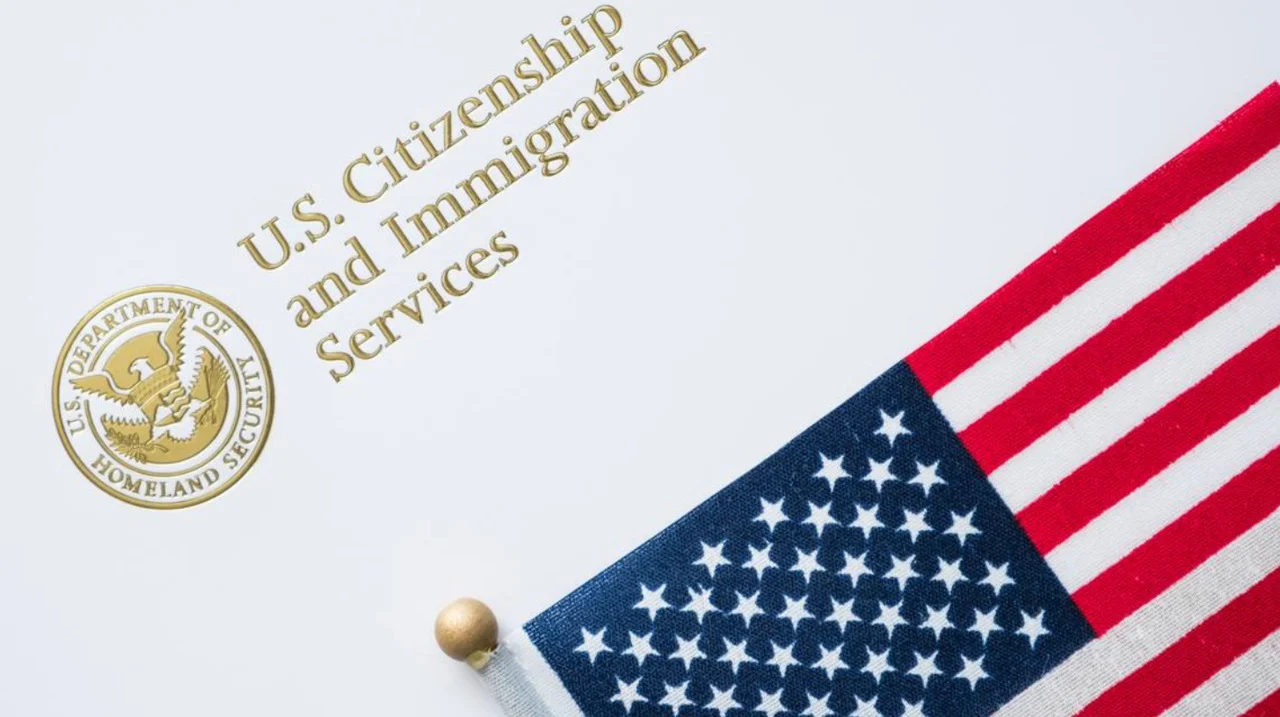
Immigration is part of the US narrative. From pilgrims on the Mayflower to engineers in Silicon Valley today, the US has been a land of promise to many. But success stories rely on laws and policies that dictate who comes to the country.
In 2025, U.S. immigration policy is still pressing and complex. Visa category shifts, border security, and asylum reform are touching citizens, residents, and immigrants beyond the news.
Here at Blogs Auction, we work to simplify complex systems and empower readers. In this guide, we will clarify key points regarding U.S. immigration laws and how it relates to all people, employers, students, visitors, and concerned citizens.
Overview: U.S. Immigration Framework
U.S. immigration policy is premised on various legal documents and policies, such as:
- The Immigration and Nationality Act (INA) is the main immigration legislation.
- Title 8 of the U.S. Code sets the requirements for entry and residence within the country.
- DHS runs USCIS, ICE, and CBP.
- Congressional Oversight, immigration reform requires two-party support to pass new laws.
The system is constantly changing on the basis of court decisions, executive orders, and policy changes.
Trending in 2025: The Top Updates to Know
Immigration law not only controls who can enter the U.S. but also the purpose of the visit, how long they can stay, and the conditions of living or working. Among the major trends of 2025 are:
- Tech Migration and Work Visas
Remote work is transforming labor markets, and this has caused the U.S. to increase employment visa programs. In 2024, there was two-party support that increased the H-1B cap to lure high-skilled STEM professionals. At the same time, leaders of AI call for specialist visas for machine learning engineers, data scientists, and cybersecurity professionals.
Expect new types of visas for industries such as AI, green energy, and biotechnology. If your company requires foreign talent, speak to immigration counsel immediately.
- Family Reunification Backlogs Are Narrowly Decreasing
USCIS has begun to reduce lengthy backlogs for the family-based green card applications with improved technology and increased funds. Spousal or parent request processing times, once at over 36 months, are now more reasonable in most places.
What It Means to You: If you’ve been waiting to bring a loved one, now might be your opportunity. Be prepared and review the Visa Bulletin every month.
- DACA, Dreamers, and Legal Ambiguity
The DACA program is temporarily suspended. Courts permit renewals to existing recipients, but new applications are stopped as advocates pressure Congress to pass a permanent solution.
Almost 600,000 Dreamers, who came to the United States as kids and have nowhere else to call home, are living with a confused future.
There are dreamers in every profession, even in the military and in medicine. Their fate is intertwined with ours.
- Refugee and Asylum Policy: Compassion vs. Security
U.S. asylum policy has grown more obstructive in recent years, but caring considerations are resurfacing in 2025. New border processing centers are planned to accelerate cases while keeping conditions humane.
Climate refugees constitute a new legal gray area. Victims of drought, hurricanes, and sea-level rise are generally not given protection under conventional asylum paradigms.
What Americans Need to Monitor: Immigration law is changing in response to new crises. Track international law developments and possible domestic reform.
- Why U.S. Immigration Law Impacts All Americans
- The US immigration policy affects all of us, not only immigrants or employers:
- Labor markets and Immigrants are vital in agriculture, healthcare, education, and tech.
- international students drive U.S. universities and research.
- Innovation is Over 45% of Fortune 500 companies were founded by immigrants or their children.
- Demographics and the U.S. birth rate are decreasing, and immigration will power future growth.
Human Side: Stories Behind the Law
Each green card, visa award, or rejected entry is a tale: a father separated from his daughter, a scientist looking to begin a start-up, a nurse fulfilling rural needs, and a student losing their first semester because of delayed visas.
- Immigration is all about people, not policy.
- They are probably your neighbors, colleagues, classmates, and friends.
- Remaining Informed and Empowered
- Immigration law is complex, but you can handle it. Here are things to do:
Follow reputable sources like the American Immigration Council, USCIS.gov, and the Migration Policy Institute.

Wrap up
The US Shared Future Immigration law can seem separate in our increasingly fast-paced political and economic environment. Still, it says a whole lot about our ambitions and our national identity. Immigration supplies and revitalizes the US spirit, whether it arrives in the form of startup founders, students, refugees, or families seeking to improve themselves. Let’s choose understanding over fear, and simplicity over difficulty. Here at Blogs Auction, we’re delighted to join in on the conversation, one story and post at a time. Stay informed and engaged. Immigration policy is a U.S. issue, not just a policy issue.
Keep an eye for more latest news & updates on Techjb!



